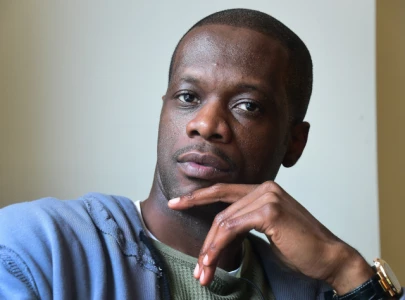
The timing of this landmark decision draws inevitable comparisons with our own Supreme Court. Justices in Pakistan have been extremely activist since their restoration, having their say on matters like electricity prices, which are normally left to the legislature. And then, of course, there was the recent decision to disqualify Yousaf Raza Gilani for contempt. Our judges have shown a lot of eagerness to quote scripture, poetry and cases from other countries in their verdicts. They would do well to study the majority opinion in the Affordable Care Act to see what the proper role of the judiciary is meant to be. Some would say that the Supreme Court is a lot closer to the PML-N than the PPP, both because of ideology and the fact that the former party was more closely involved with the lawyers’ movement. This bias has been evident in many of the verdicts it has passed since its restoration in 2008.
At the same time, it is possible to be a bit too harsh on our Supreme Court. They are trying to reverse decades of precedent where the Court was subservient to whoever happened to be in power. And while our Supreme Court may have removed a prime minister, it was just over a decade ago that the US justices inserted a president into power in a judgment that was blatantly political. Pakistan’s Supreme Court may have a long way to go but hopefully it will eventually be able to balance its independence with respect for the democratic process.
Published in The Express Tribune, June 30th, 2012.
COMMENTS (4)
Comments are moderated and generally will be posted if they are on-topic and not abusive.
For more information, please see our Comments FAQ

















@khaleeq nazar: Because Sir it is a civilian 'battalion' of the army (or any other domestic or foreign "force" that comes to power!) That is the role of the judiciary, to justify the power of whoever holds power.
I fail to understand that why superior judiciary is behaving like a battalion of the army. Not a single judge has showed independance in the judgements against Government. no doubt good goernance is lacking in the present Government but regrettably superior judiciary is also seems to be biased and the verdicts on constitution matters are without logic and sence of justice. nothing is so finely percieved and felt like injustice.
"Some may say". NO, its a fact. Unanimous decisions, late night meetings, observations and remarks, throwing decades old appeal cases in the backyard and taking up the PPP related cases first and not accepting the crystal clear provisions of the Constitution as pointed out by the Indian Judge (Rtd) of the Supreme Court ; what is all this?. When the military intervenes in the political affairs the country is damaged but when the judiciary interferes the very foundation of the country is destroyed.
Very bold, incisive & timely editorial. Hope it inculcates some sense in the minds of SC judges whose anti-democracy biase & several anti-constitutional judgements influenced by the politico-popular considerations are so obvious. May democracy prosper in Pakistan too!